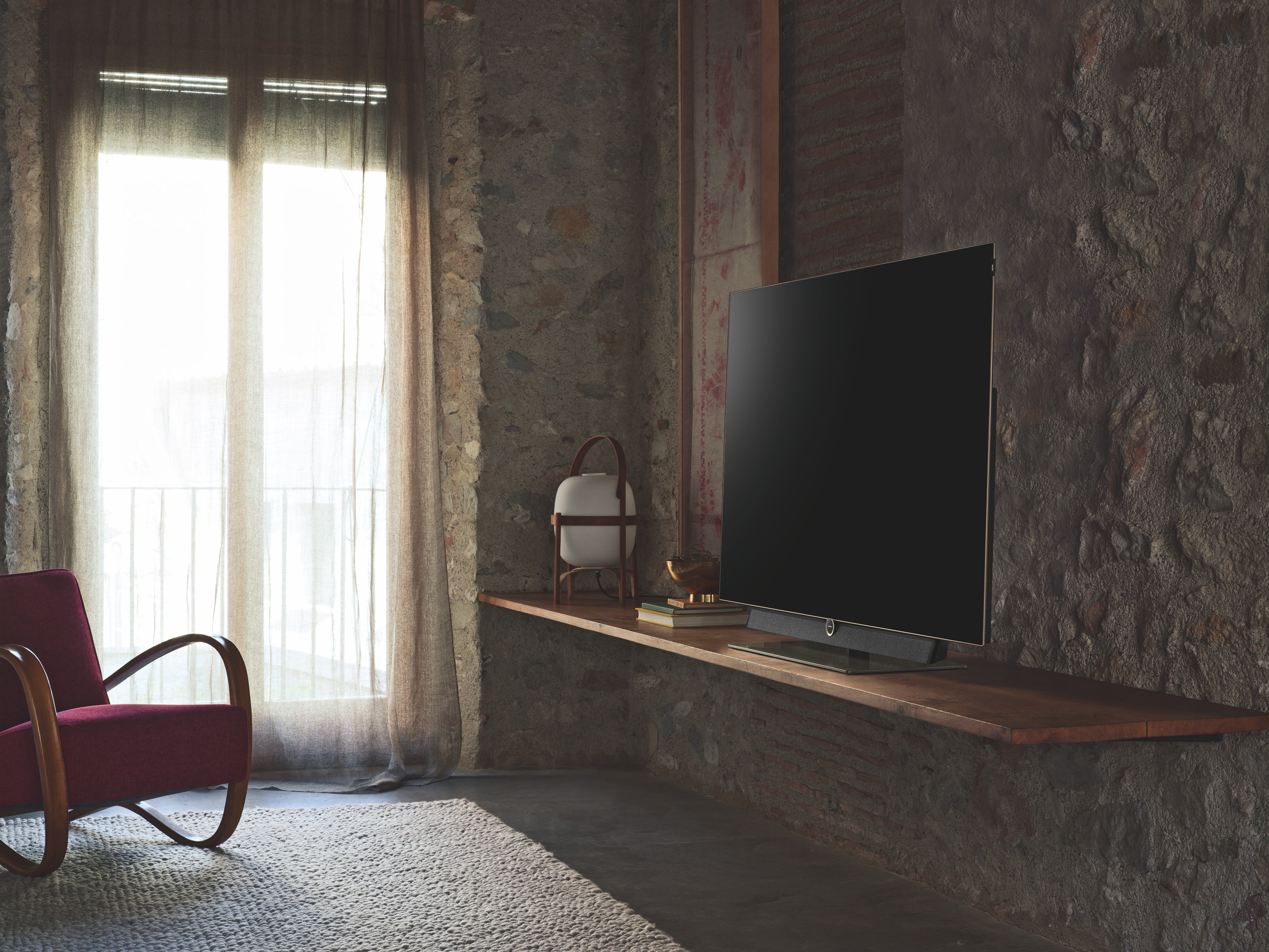고정 헤더 영역
상세 컨텐츠
본문
Choosing between OLED and QLED can be a daunting task when shopping for a new TV. With LG and Samsung leading the pack with their unique takes on these technologies, it's crucial to understand their differences and similarities to make an informed purchase. In this article, we'll compare OLED and QLED TVs from the top vendors in the market to help you decide which one is right for you.

Current OLED and QLED Market Share
Before delving into the details of OLED and QLED technologies, let's take a look at the current market share of these TVs from the top vendors as of 2022:
| Vendor | OLED Market Share | OLED Sales QTY (in millions) | QLED Market Share | QLED Sales QTY (in millions) |
| LG | 44.3% | 7.1 | 14.1% | 2.3 |
| Samsung | 11.8% | 1.9 | 50.1% | 8.0 |
| Sony | 8.6% | 1.4 | - | - |
As we can see, LG and Samsung dominate the OLED and QLED markets respectively, with LG having the largest share of OLED TVs and Samsung having the largest share of QLED TVs.
OLED vs. QLED: What Sets Them Apart?
OLED and QLED are two different display technologies, each with their own pros and cons. Here are the main differences between them:
OLED
Uses organic compounds that emit light when an electric current is applied
Offers perfect black levels, as each pixel can be individually turned on or off
Provides wide viewing angles and excellent color accuracy
Can be expensive compared to other technologies
Can be susceptible to image retention and burn-in
QLED
Uses a backlight and a layer of quantum dots to produce colors
Offers bright and vivid colors, especially in brightly lit rooms
Can be less expensive compared to OLED
Provides good viewing angles, but not as wide as OLED
May not offer as deep black levels as OLED
LG and Samsung OLED vs. QLED TVs
Now that we know the differences between OLED and QLED technologies, let's compare the top vendors' offerings in each category.
LG OLED vs. Samsung QLED
LG OLED TVs offer perfect black levels, wide viewing angles, and excellent color accuracy. They also tend to be more expensive compared to Samsung QLED TVs.
Samsung QLED TVs offer bright and vivid colors, especially in brightly lit rooms. They also tend to be less expensive compared to LG OLED TVs.
LG QLED vs. Samsung QLED
LG QLED TVs offer good color accuracy, wide viewing angles, and a sleek design. However, they may not be as bright as Samsung QLED TVs.
Samsung QLED TVs offer bright and vivid colors, especially in brightly lit rooms. They also tend to be less expensive compared to LG QLED TVs.
Alternative for "Conclusion"
In conclusion, it's evident that both OLED and QLED TVs have their own unique benefits, and the choice ultimately comes down to personal preference and needs. Whether you prioritize perfect black levels and wide viewing angles or bright and vivid colors, both LG and Samsung offer top-of-the-line options in each category. So, take the time to compare their offerings and decide which one suits you best.
2023.02.16 - [About IT] - Understanding Mesh WIFI: Advantages and Disadvantages
Understanding Mesh WIFI: Advantages and Disadvantages
Introduction to Mesh WIFI Mesh WIFI is a new type of wireless network that's gaining popularity among homeowners and businesses. Unlike traditional WIFI networks that use a single router to transmit signals to all devices, mesh WIFI uses a network of inter
thriveandshine.tistory.com
'About IT' 카테고리의 다른 글
| How to Optimize Your Website for Bing (0) | 2023.02.26 |
|---|---|
| Google GSC Registration & SEO Optimization (0) | 2023.02.25 |
| Understanding Python's Handling of Characters (0) | 2023.02.23 |
| What is Google SEO? (0) | 2023.02.23 |
| Intel vs AMD 2023 Roadmap Comparison (0) | 2023.02.23 |




